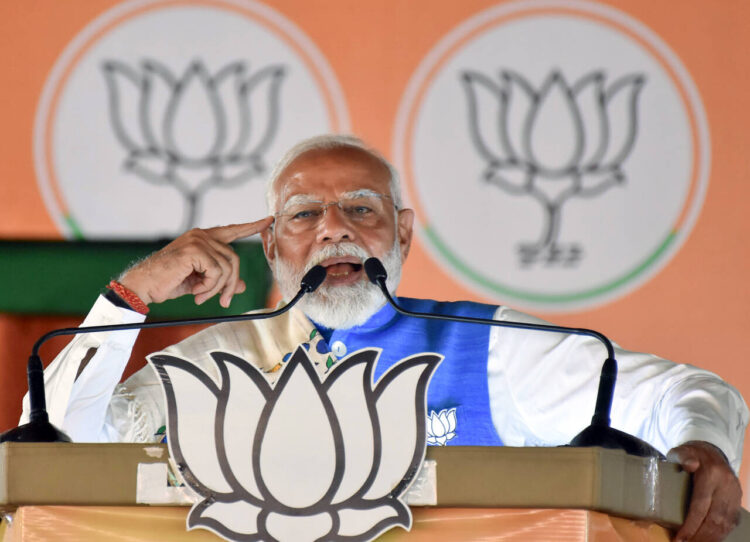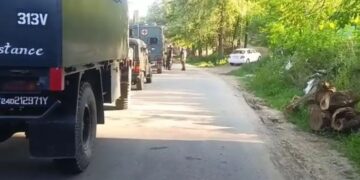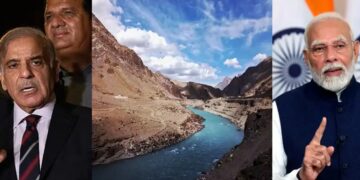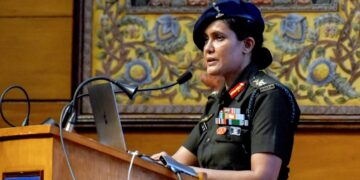In a statement made on Tuesday, Prime Minister Narendra Modi asserted that his governing principles do not discriminate based on religion or caste, addressing concerns over his image following events in 2002. Speaking from his Varanasi parliamentary constituency along the banks of the River Ganga, Modi emphasized his inclusive upbringing, stating he celebrated Eid with Muslim neighbors during his childhood and maintains close friendships with members of the Muslim community.
Referring to the communal violence in Gujarat in 2002 during his tenure as chief minister, Modi acknowledged efforts to tarnish his reputation thereafter. He recounted personal anecdotes of communal harmony, recalling instances where Muslim families in his neighborhood provided food during Eid and he participated in Muharram rituals.
Reflecting on a post-2002 survey conducted in Ahmedabad’s Manek Chowk area, Modi shared testimonies from Hindu buyers expressing gratitude for his governance, citing improved economic conditions. He also recounted praise received from residents of the Muslim-dominated Juhapura area for his efforts in ensuring electricity access, despite initially cutting illegal connections.
Asserting his commitment to inclusive development, Modi reiterated his “Sabka Saath Sabka Vikas” (Together with All, Development for All) mantra, stressing that he prioritizes progress over vote bank politics. Responding to criticism regarding his remarks on family planning, Modi clarified that his statements were not targeted at any specific religious community but rather aimed at advocating responsible parenthood for all citizens, irrespective of religious affiliation.

















Comments